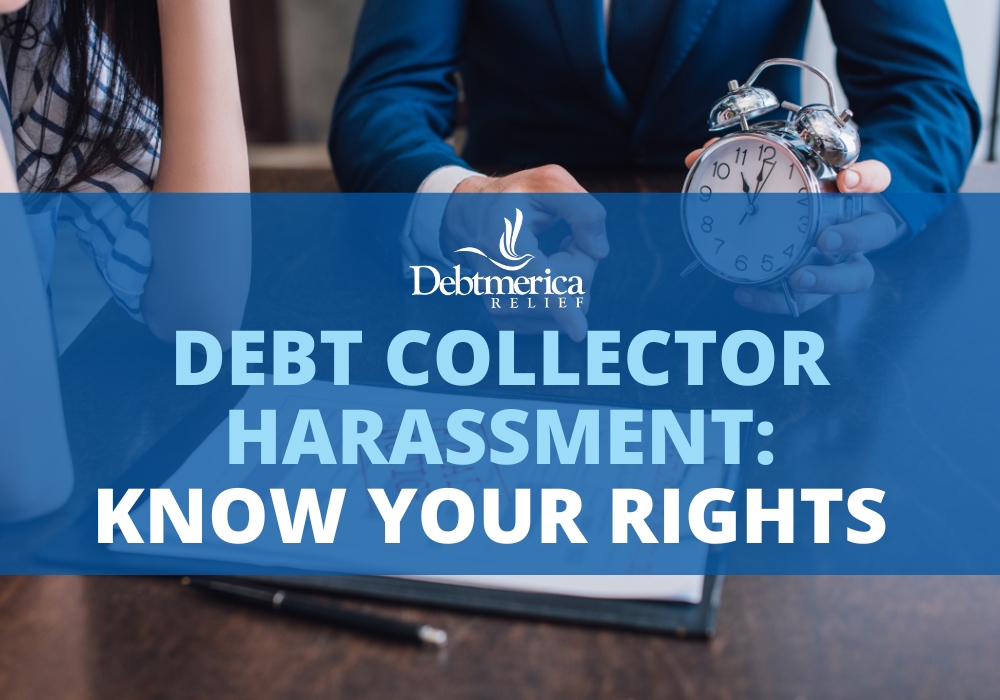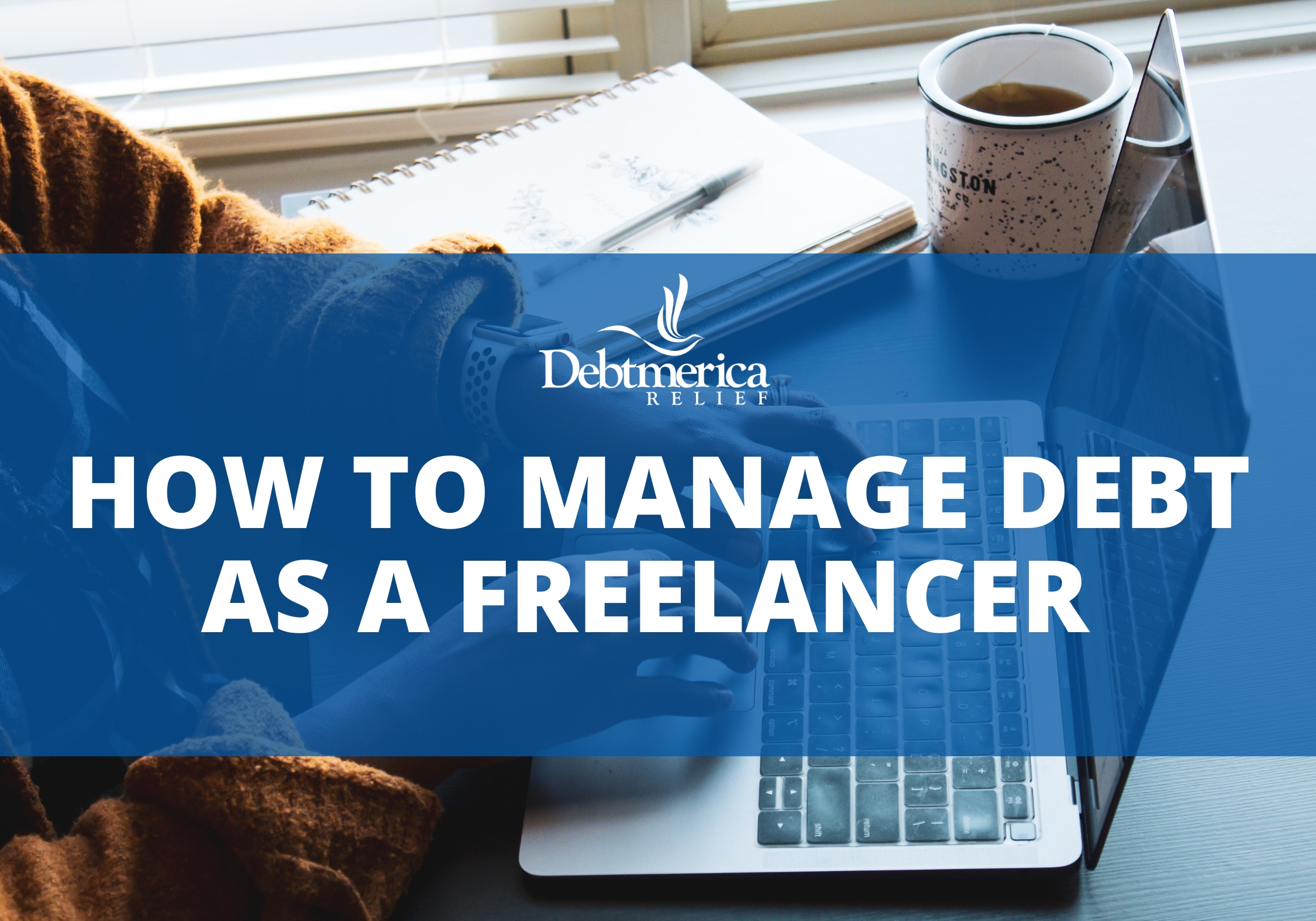Debt Collector Harassment: Know Your Rights

Dealing with debt can be stressful, but facing harassment from debt collectors adds an extra layer of anxiety. Many people are unaware that laws exist to protect them from abusive collection practices. Knowing your rights is essential to ensure you are treated fairly and to prevent unnecessary distress. Debt collectors are allowed to contact you about debts, but there are strict regulations governing how and when they can do so. Understanding these regulations can help you take control of the situation and protect yourself from harassment.
What Constitutes Debt Collector Harassment?
Debt collector harassment occurs when a collector uses abusive, unfair, or deceptive practices to collect a debt. This harassment can manifest in various ways. For example, receiving multiple calls per day, especially during inconvenient hours, is a common form of harassment. Debt collectors are prohibited from calling before 8 a.m. or after 9 p.m. unless you agree to it. If you find your phone ringing incessantly at odd hours, that is a clear violation of your rights.
Other forms of harassment include threats of violence, using obscene language, or publicizing your debt. Imagine being threatened with jail time for an unpaid credit card bill—a tactic that is both illegal and unethical. Debt collectors also cannot threaten actions they have no intention or legal right to carry out, like seizing property without proper legal proceedings. Harassment may also occur when collectors repeatedly contact friends, family, or employers about your debt, which can be embarrassing and stressful.
Understanding Your Rights Under the Fair Debt Collection Practices Act (FDCPA)
The Fair Debt Collection Practices Act (FDCPA) is a federal law designed to protect consumers from abusive debt collection tactics. Enacted in 1977, the FDCPA applies to third-party debt collectors, not the original creditors. For instance, if your credit card issuer attempts to collect a debt, the FDCPA may not apply, but if they hire an outside collection agency, the law does.
Key Rights Granted to Consumers
Under the FDCPA, you have several important rights. You have the right to request verification of the debt. If a debt collector contacts you, you can request a written validation notice detailing the amount owed, the creditor’s name, and your right to dispute the debt. This notice should arrive within five days of initial contact.
Another key right is the ability to limit communication. If you prefer not to be contacted by phone, you can request that all communications be in writing. You can also send a written request asking the collector to cease contact altogether. Once received, the collector can only contact you to confirm there will be no further communication or to notify you of a specific legal action.
You also have the right to dispute the debt within 30 days of receiving the validation notice. Disputing the debt requires the collector to provide proof of the debt’s validity. Without proper verification, they must stop collection efforts. These rights empower consumers to avoid paying debts they do not owe and to prevent wrongful collection attempts.
How to Identify if a Debt Collector is Violating Your Rights
Recognizing when a collector crosses the line is crucial. Frequent calls meant to annoy or harass, threats of violence, and use of offensive language are clear violations. Debt collectors also cannot misrepresent themselves by posing as law enforcement or legal officials.
Collectors must avoid false or misleading statements. For example, they cannot claim you owe more than you do, threaten to garnish wages without proper legal steps, or send documents that appear to be from a court when they are not. Additionally, they are restricted from discussing your debt with third parties, except under limited circumstances such as contacting your attorney or a credit bureau.
Steps to Take if You’re Being Harassed by a Debt Collector
If you believe a debt collector is harassing you, the first step is to document every interaction. Keep a detailed record of calls, including dates, times, the collector’s name, and what was said. Save all written correspondence and voicemails. This documentation can be invaluable if you need to file a complaint or take legal action.
You have the right to send a cease and desist letter. In the letter, clearly state that you want the collector to stop contacting you. Once received, they can only reach out to confirm they will cease communication or inform you of specific legal actions. Sending this letter via certified mail with a return receipt provides proof of delivery.
If harassment continues, report the collector to the Consumer Financial Protection Bureau (CFPB), the Federal Trade Commission (FTC), or your state’s attorney general. Filing a complaint helps authorities track and penalize abusive collectors. Legal assistance may be necessary if harassment persists, especially if it causes emotional distress or financial harm.
What to Do if the Debt is Not Yours
Sometimes, collectors pursue debts that do not belong to you due to mistaken identity, identity theft, or clerical errors. If you receive a collection notice for a debt you do not owe, dispute it immediately. Send a written dispute letter to the collector, ideally within 30 days of receiving the validation notice. Include copies of any supporting documents and keep a copy of the letter for your records.
Imagine receiving a bill for a medical debt you never incurred. By disputing it, the collector must investigate and verify the debt before continuing collection efforts. If they cannot verify it, they must stop pursuing you. It is also wise to check your credit report for any erroneous entries. Disputing incorrect information with credit bureaus can prevent long-term credit damage.
Legal Recourse and When to Seek Professional Help
If harassment persists despite taking the steps above, consider consulting an attorney specializing in consumer protection. Legal professionals can assess your case, represent you in court, and help recover damages for violations. Under the FDCPA, consumers can sue debt collectors within one year of the violation. Successful lawsuits may result in compensation for actual damages, statutory damages up to $1,000, and attorney’s fees.
For example, if a collector repeatedly calls you at work after you request they stop, you could sue for damages caused by stress and lost productivity. Legal representation is particularly important if harassment affects your employment, health, or financial stability. Professional help ensures your rights are enforced and that abusive collectors are held accountable.
Tips to Protect Yourself Moving Forward
To avoid future harassment, monitor your credit reports regularly. Reviewing your credit can help you spot suspicious activity early. If you are dealing with debt collectors, communicate in writing and keep records of all correspondence. Using certified mail provides a paper trail that can be vital if disputes arise.
Be cautious with debt settlement offers. Some collectors may pressure you into unfavorable agreements. Review any offer carefully and consider seeking advice from a financial advisor or attorney. Ensuring you understand the terms helps prevent agreeing to payments you cannot afford or settling debts you do not owe.
Conclusion
Debt collector harassment can be overwhelming, but knowing your rights under the FDCPA can make a significant difference. Recognizing harassment, understanding your legal protections, and taking proactive steps can help you regain control of the situation. If a debt collector crosses the line, document everything, communicate in writing, and report violations to the appropriate authorities. In cases of persistent harassment, seek legal assistance to enforce your rights and protect your well-being. Facing debt is challenging enough; you do not have to endure unlawful harassment on top of it. Take action to ensure you are treated with the dignity and respect you deserve. Debtmerica Relief has over 18 years of experience in providing relief to our clients whose financial burdens have become too much to handle.
If you need help with debt, contact us for a free consultation.



